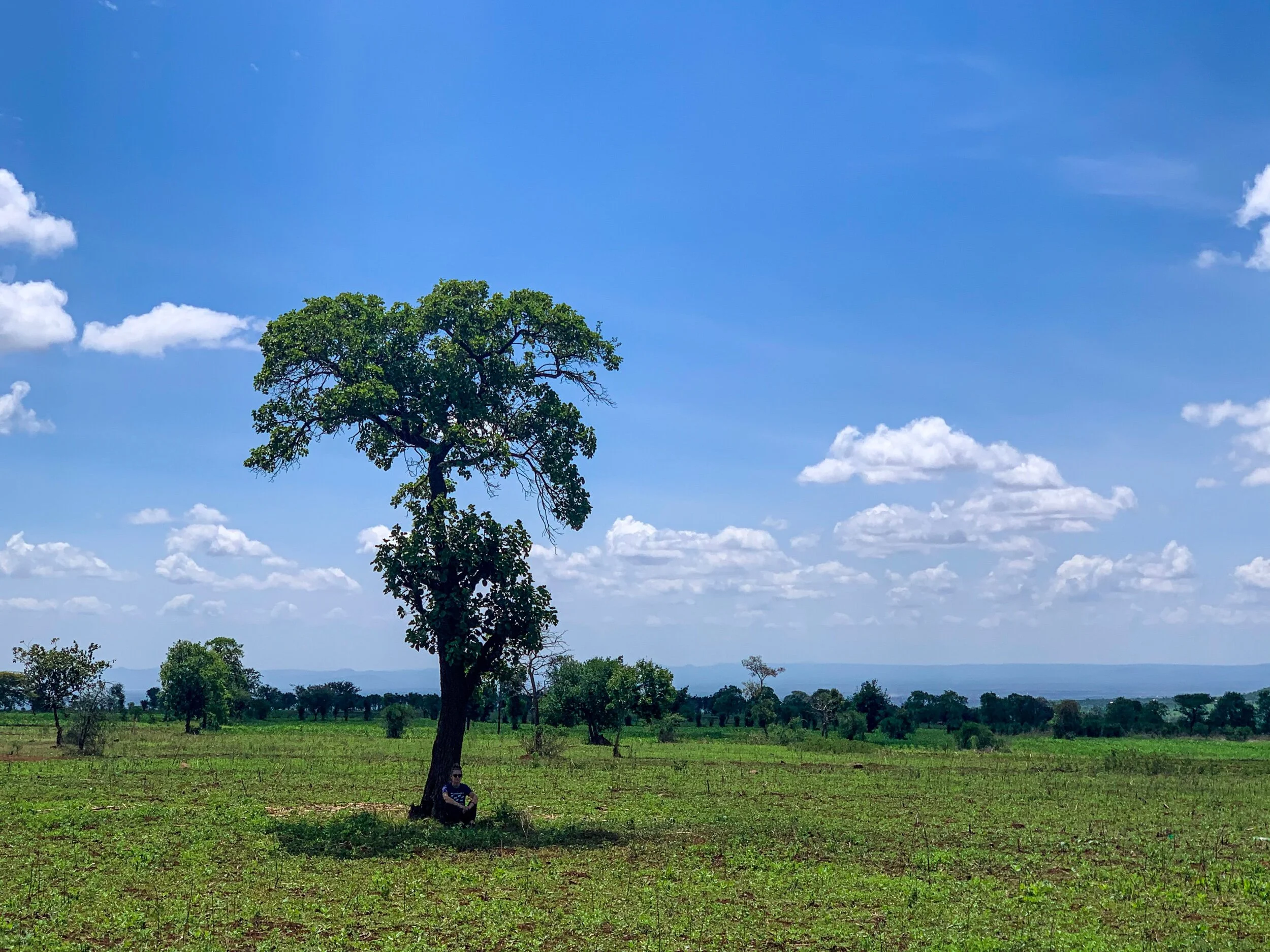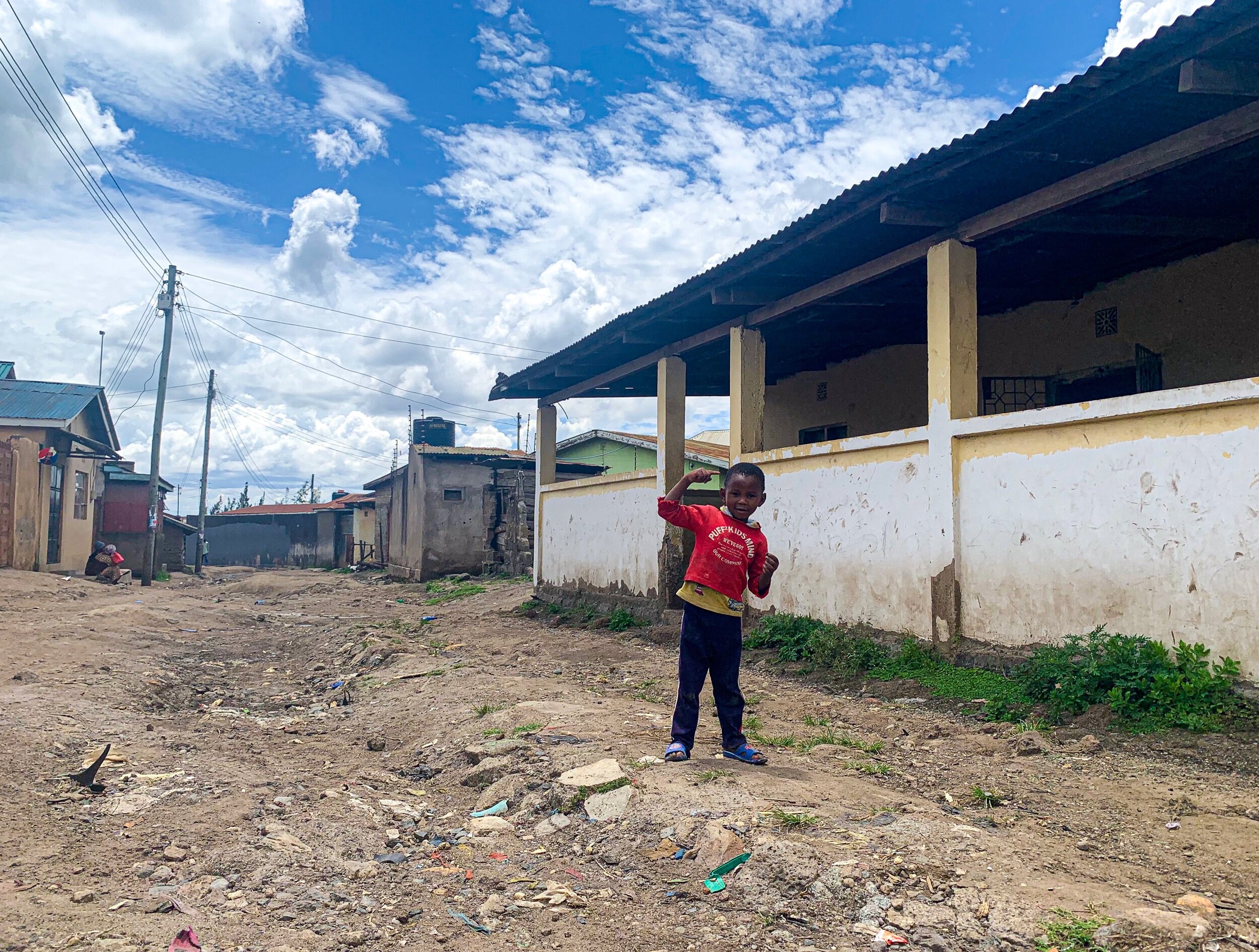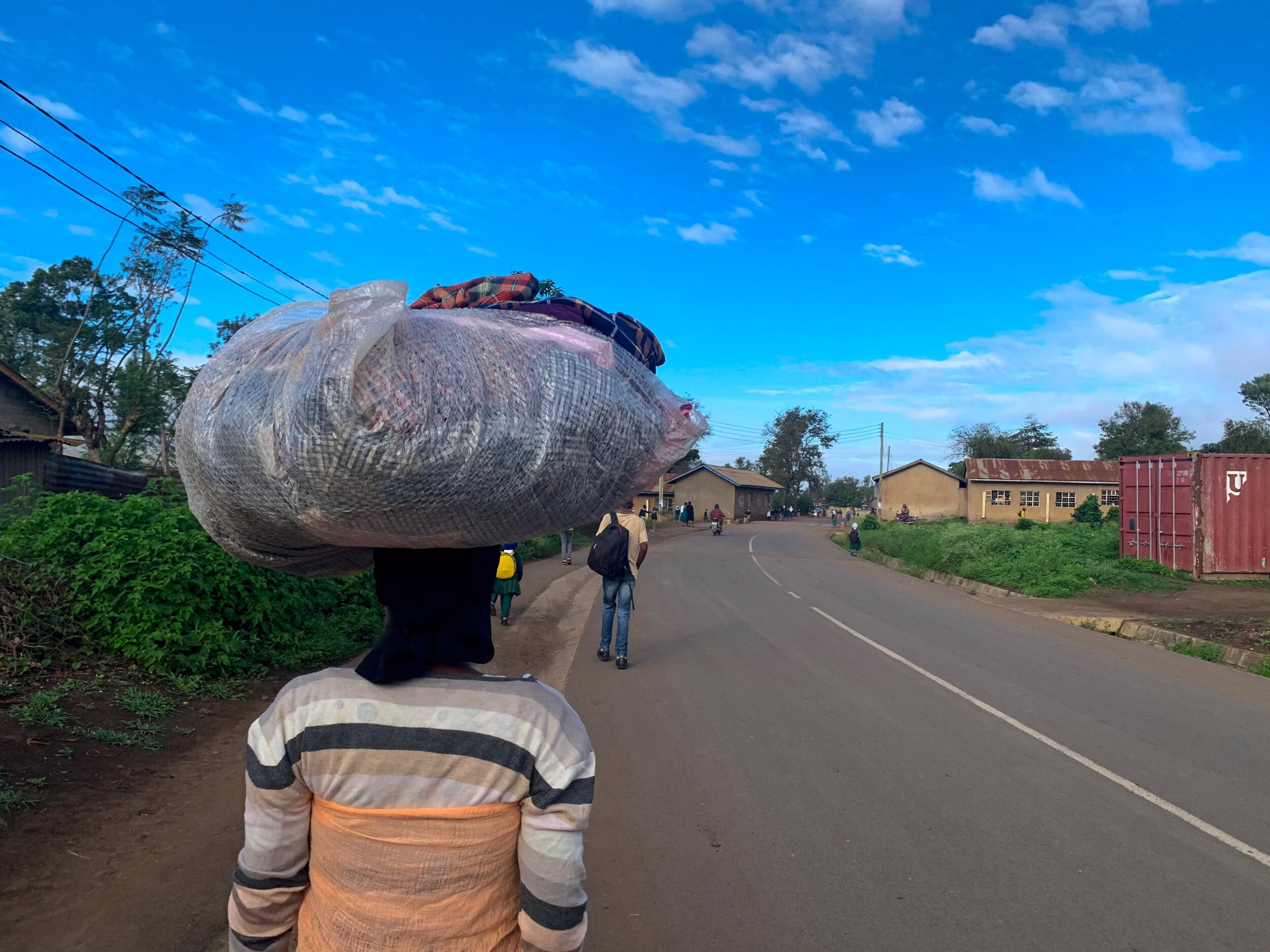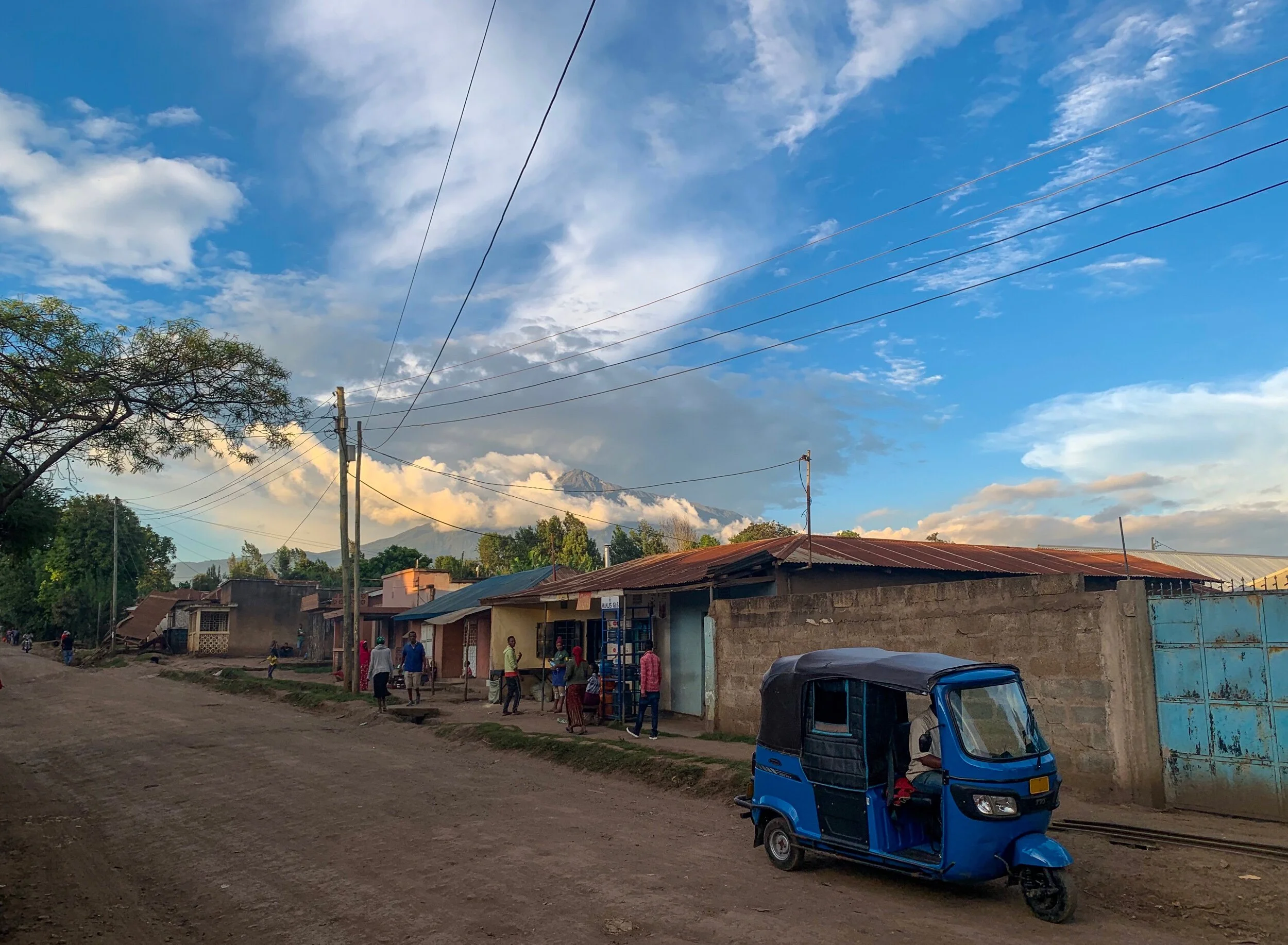I think it’s essential to one’s experience in life to be grateful. Those of us who live in first world countries have the most resources, knowledge, and convenience ever in our species’ history. Yet we still find things to be unhappy about, to be frustrated with, to disparage. It’s natural; our brains are built to adjust to a status quo and try to optimize it. So it takes a little bit of effort on our part to push back against that natural process in order to truly appreciate all that we get to enjoy.
I make it a daily practice to be grateful at some point during the day. Usually it’s in the morning, after I’ve completed my morning routine and get ready to start my day. I consciously ponder what I can, or what I should, be grateful for. I always think of at least three things, and there are always three things. There are an infinite number of things every single day, every waking moment of our lives. We just have to consider them.
I try to choose one person, one fact or reality of my existence, and one thing or object to be grateful for. I don’t always stick to these three categories, but I’ve found that it helps me both appreciate a good balance of material and ethereal, as well as push me to regard new possibilities for gratefulness.
In order to genuinely feel gratitude, it’s important to weigh the idea in your mind, to truly appreciate it for what it is, that it’s a part of your reality or experience. I’m not simply listing things out in my brain. I consider what it would be like to not have that thing, or to consider the implications and consequences of it being a part of my life.
For example, you’ve read these words. You both have the ability to read, to see, and also have been fortunate to learn the skill of reading. Or maybe someone is actually reading these sentences to you. In that case, you’re able to hear, to listen, to understand the English language. Isn’t that wonderful? How many people in the world cannot read or understand English? You could have a disability that prevents you from doing either of these things, and yet you do not. You have this ability, this skill, to do this thing we call reading or listening. This simple fact, or reality of your existence, is something we can be grateful for.
Similarly, it’s also important to be grateful for the people you’ve crossed in life. Not just the closest, most familiar, or most important people, but also the strangers who have made, even in the smallest way, an impact on your life. That person who held the door open for you at the gym. The cashier who double-checked to make sure you got that discount. Some stranger who moved over so you could walk past each other side by side on the street. It could be anybody, anywhere, who you’ve had an exchange with in some way. You benefited from that—appreciate how awesome that is, in the purest sense of the word.
People might assume objects are easy. But if you prevent yourself from being thankful for the same ones, it can become challenging. Have you stopped to think about how wonderful it is to use a spoon to eat your food? Can you imagine what it would be like to not have that spoon, if the concept of ‘spoon’ was never invented? A simple utensil that made your life easier. I’m amazed at the sheer genius of cars. You sit inside this machine and it propels you forward, allowing you to cover distances impossible just 100 years ago. Be grateful for that machine, that object, that has made your life easier or more enjoyable.
If you do this every single day, you’ll realize how wonderful life really is. There are so many things to appreciate, so many transient aspects of our lives that we take for granted. Acknowledge the beautiful and surreal experience that is life. And be grateful that you get to be a part of it.




















